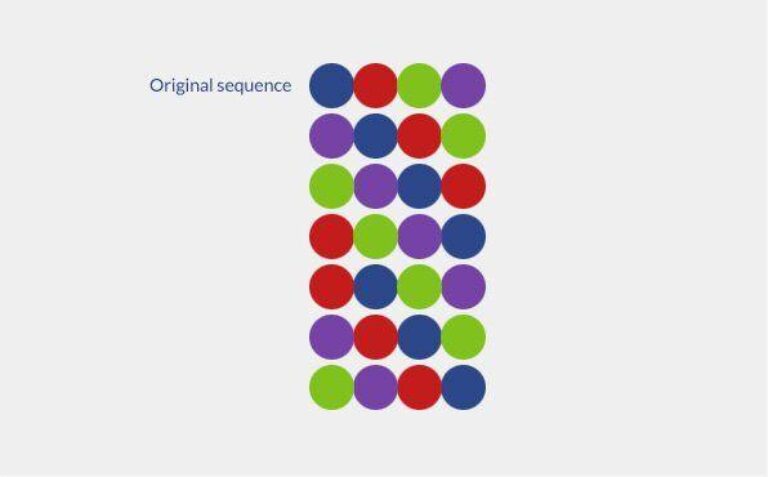Cart (0 Items)
Your cart is currently empty.
View Products
Leverage our cost-effective peptide library synthesis platform to rapidly generate scrambled libraries for your assays. Whether you are assessing the sequence specificity of your bioactive peptide or actively searching for a robust negative control, these high-quality libraries can be tailored to your exact needs. Design and test your scrambled peptides with ease thanks to our unique no win – no fee guarantees, vast peptide modification capabilities, and fast world-wide delivery.
If we do not succeed in synthesizing a peptide from your library, you don’t pay for it!
All the peptides synthesized are controlled by MS and HPLC.
We adapt the design and the purity depending on your project to provide you the best data at the best price!
Get 500 peptides in less than 1 month!
With 200 000+ peptides synthesized and 99+ % success rate, trust our unrivalled expertise.
We offer an unlimited range of modifications.
Scrambled libraries are designed through the permutation of a native protein sequence. The result is a collection of multiple peptides with identical amino acid compositions but different sequences. Scrambling the residues in a peptide allows researchers to determine the effect of a specific sequence in bioactivity, create robust controls for functional assays, and discover new bioactive peptides.

Scrambled peptide libraries can be easily designed using ProteoGenix’s free Peptide Library Generator tool. Enter the sequence of your native protein segment and select the desired number of scrambled peptides to receive the sequences and corresponding library synthesis quote directly in your inbox:
Scrambled peptide libraries are very distinct from other peptide library designs because resulting peptides seldom share the structure and functionality of the original protein segment. For this reason, the use of these libraries is often restricted to the generation of negative control peptides for toxicity studies and functional assays such as adhesion, aggregation, tissue uptake, or binding activity studies, among others.
However, when sequence specificity is yet to be assessed for a particular peptide, it is important to determine the bioactivity of specific scrambled peptides before selecting one or several optimal variants as negative controls.
For further information, inquiries, and assistance with peptide library design, reach out to our team of experts.
You could also be interested in:
